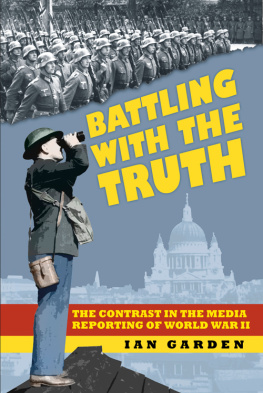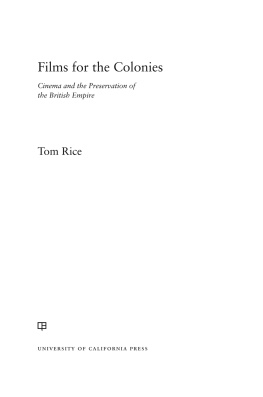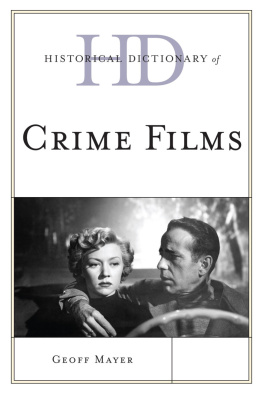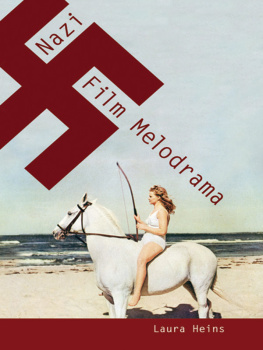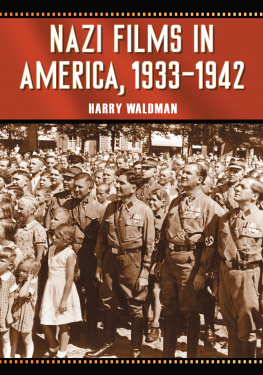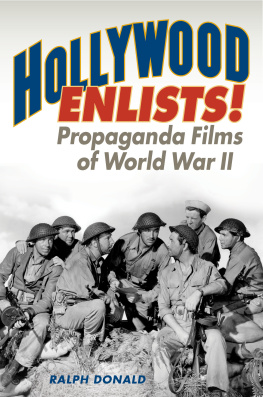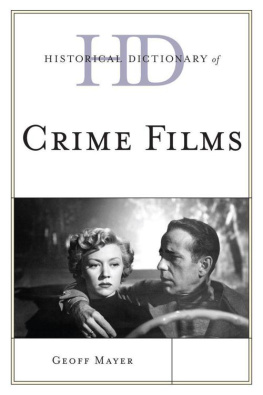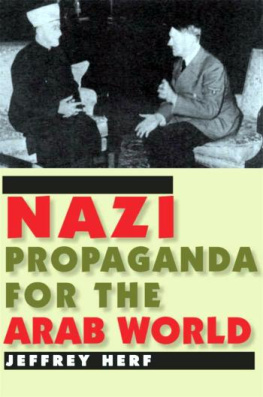

This book is dedicated to the memory of our good friend, Tom Durrheim (19572011)
First published in 2012
Paperback edition published 2016
The History Press
The Mill, Brimscombe Port
Stroud, Gloucestershire, GL5 2QG
www.thehistorypress.co.uk
This ebook edition first published in 2016
All rights reserved
Ian Garden, 2016
The right of Ian Garden to be identified as the Author of this work has been asserted in accordance with the Copyright, Designs and Patents Act 1988.
This ebook is copyright material and must not be copied, reproduced, transferred, distributed, leased, licensed or publicly performed or used in any way except as specifically permitted in writing by the publishers, as allowed under the terms and conditions under which it was purchased or as strictly permitted by applicable copyright law. Any unauthorised distribution or use of this text may be a direct infringement of the authors and publishers rights, and those responsible may be liable in law accordingly.
EPUB ISBN 978 0 7524 7787 9
Original typesetting by The History Press
eBook converted by Geethik Technologies
CONTENTS
ACKNOWLEDGEMENTS
This book has been researched and written over a number of years, and I would like to acknowledge the valuable assistance provided by a number of individuals and institutions without which it could not have been completed.
In terms of research, I would like to thank Christiane Eulig and her team at the Deutsches Filmmuseum in Frankfurt for providing me with access to their film library and archives; Inge Kempenich of the FSK in Wiesbaden for specific information about the dates of film censorship approval; Matthew Lee and the Film Archive team at the Imperial War Museum in London for allowing me to view a number of rare war films; and staff at the National Library of Scotland in Edinburgh.
The inclusion of the vast number of images and photo stills used to illustrate the text would not have been possible without the assistance and provision of material by Andr Mieles of the Deutsches Filminstitut in Frankfurt; Dave McCall of the British Film Institute in London; Christian Unucka of the Verlag fr Filmschriften for the use of cover images from the Illustrierter Film-Kurier and Illustrierte Film-Bhne film programmes; Malcolm Hay and Eleanor Whitney of the Curators Office at the Palace of Westminster; Professor Randall Bytwerk of Calvin College, Grand Rapids, USA; Geoffrey Swindells of Northwestern University, USA; Petra Faitsch of the Friedrich Wilhelm Murnau Stiftung in Wiesbaden; Danile Guerlain of Transit Film; Tanja Schwankl of Movieman Productions; Massimo Moretti of Canal + Image UK; Giuseppe Petrucelli of ITV Studios Global Entertainment; Hans-Peter Blechinger of Jupiter-Film; the United States Holocaust Memorial Museum; the Library of Congress; The Bundesarchiv-Bildarchiv; and the Kobal Collection. Every effort has been made to contact the copyright holders of all material used but, notwithstanding, I express my apologies for any omissions.
The technical and legal assistance from Campbell Black, Fraser Edwards, Mark Buckland and Graeme West has also been invaluable.
A large number of specific individuals also deserve special mention for their practical assistance, guidance and suggestions in the completion of this book. These include Helen Gillard, Brian Taylor, Jo de Vries, Fiona Scott, Jim Dunnigan, Ed Furgol, Yvonne Burgess, Hilary Swanston, Tom Durrheim, Bill Kantor, Kevin Horgan, Joyce and Kay Matthew, Julie Mair, George Dickson, Lucina Prestige, John Mackintosh, Bobby Wood, Gary Cooper, Professor Jo Fox, David Mackenzie, Ian Lewis and, above all, my ever-supportive parents.
AUTHORS NOTE
WEBSITES
thethirdreichscelluloidwar.com
Supplementary information about Nazi film propaganda and the films analysed in this book.
battlingwiththetruth.co.uk
As a follow-up to The Third Reichs Celluloid War, my latest book Battling with the Truth explores which side was more truthful in its newsreel and press coverage of key events in the Second World War. It reveals how both sides were rather economic with the truth in their reporting of the war, often failing to comment on incidents which were particularly embarrassing or likely to undermine the morale of the general public.
iangarden.co.uk
My personal website, which provides details of forthcoming speaking engagements and the film courses which I run in Edinburgh each year.
Introduction
A lie told often enough becomes the truth.
Vladimir Ilyich Lenin (attributed)
This books primary purpose is to tell the truth about the nature of Nazi film propaganda.
Born out of the frustration and despair arising from Germanys defeat in the First World War, the Nazi regime was ultimately to unleash a terrible whirlwind. It would not only result in the incarceration and death of millions of civilians in prisons and camps across Europe, but would also provoke a second war which would wreak havoc across the whole world and in which many tens of millions would ultimately die.
The awesome influence of propaganda was one of the major drivers of that whirlwind, and it became just as much a key weapon of the Nazis, both in their elevation to a position of authority and in their garnering of support from the German people for another war, as any power wielded by their secret police or Germanys armed forces.
Although several excellent books have been written on the subject of propaganda in German cinema during the period of the Third Reich, many of these are very academic in nature, and there are few books which examine in any great detail the precise content and history of those films which might be of most interest to a modern-day audience. Most of the general public have heard of Leni Riefenstahl and her documentaries about Hitler and the 1936 Olympic Games. They have perhaps also read about some of the anti-Jewish films or Kolberg, the Nazis last completed film, but few are aware, for example, of the nature of the anti-British and anti-American feature films that were released, many of which still make historically fascinating viewing today.
This book aims to address this knowledge gap by examining the content of a cross-section of the most interesting feature and documentary films produced in Germany during the Nazi regime, particularly from a British, Irish and American perspective. It briefly sets each group of films in context and then analyses in detail the plot and key points of curiosity surrounding each film, such as production problems, censorship difficulties, propaganda effectiveness, the personal involvement of Goebbels or even the subsequent fate of actors and directors who appeared in these films. The book also includes a chapter which provides a comparison with the sort of propaganda being promoted in the Allied feature films of the same period, and a section on Nazi television which continued to broadcast until 1944, unlike in the UK where transmission ceased as soon as war was declared.
In my childhood, I can well remember being fascinated by the patriotic content of so many British and American Second World War feature films screened on television, and even more so when I later discovered that many of these had actually been produced during the war, when the final outcome was still far from certain. One of the most notable examples is the 1942 film,
Next page

